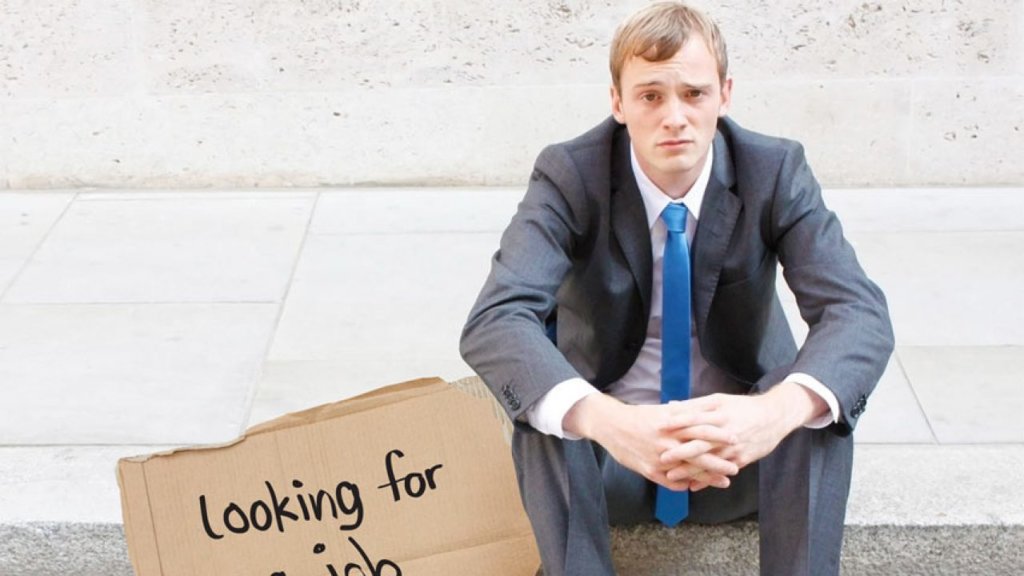The COVID-19 pandemic has hit the entire world and created chaos. Almost 1.5 million Americans have been infected and over 88,709 have died as a result of the virus. The United States has the highest number of infected persons of any country in the world. This is not only scary from a physical health perspective, but also from a mental and emotional health perspective. Social distancing guidelines have been implemented nationwide, with people wearing masks and gloves in public places.
The virus is also caused unprecedented closures, resulting in record unemployment rates. The U.S. Bureau of Labor Statistics reported an unemployment rate of 14.7% in April 2020. Millions of people have filed for unemployment benefits in the United States.
People have been isolated at home. They worry about their health, the health of the economy, and how to pay bills when not working. People are concerned about basic needs right now, such as food and shelter, as many don’t have the funds necessary to pay their rent or purchase groceries for themselves or their children. All of this devastation and trauma can lead people to pretty dark places.
Many research papers show the link between substance use, unemployment, and relapse. Even the fear of job loss can increase the consumption of alcohol, tobacco, and drugs. Those who are unemployed are much more likely to use drugs or alcohol and develop substance use disorders.
Unemployed people are 87% more likely to report heavy alcohol use and 29% more likely to develop alcohol dependence.
Unemployed people are 65% more likely to have illicit drug use and 57% more likely to develop a dependency on drugs.
As a result of mass American unemployment, millions of people will deal with substance abuse and addiction, which place a heavy burden on the American economy and health care system.


Several studies revealed that unemployment increases the risk of relapse after alcohol and drug addiction treatment. So with the isolation that comes with quarantine, there’s just that much more of an opportunity for people to kind of fall back into old behaviors and for the disease of addiction to take over.
Relapses are common through the recovery process. According to the National Institute on Drug Abuse, between 40 and 60 percent of people recovering from drug addiction relapse. During COVID-19, some people may be isolated at home alone while others are isolated with their families.
Family members who live with a recovering drug addict or alcoholic should pay attention to the warning signs of relapse in their loved one, so they can act as a support system. Some signs include:
- Poor eating and bad sleeping habits
- Declining hygiene
- Talking to past friends
- Constant lying
- Unstable emotionally
- Skipping or avoiding virtual support meetings.
What we need to do now is reach out more than ever to those who are struggling with addiction, and bring them to rehab to get them to understand that they are not alone and forgotten during a crisis. We need to make sure that they are getting treatment and the medications they need to recover, that they have access to medical care, food, and housing.
The data shows when unemployment rises, addiction does as well. With coronavirus creating distance and isolation, as well as record unemployment rates, addiction issues are rising, even if we haven’t seen the full impact of that yet. We’re prepared and ready.
Just dealing with addiction alone is an extremely scary and difficult thing to go through. However, being in the midst of active addiction during a global pandemic can be even more terrifying. If you or a loved one is suffering from addiction, do not let the COVID-19 outbreak prevent you from going to an addiction treatment center. Our facility is open and we’re available to answer questions, provide resources, and be a support for those who are struggling. Hathaway Recovery is continuing to provide help while following all CDC guidelines in regards to the COVID-19 outbreak. Call us today.

Hathaway Recovery Drug & Alcohol Treatment Center
Treatment Center, MD, LCSW, LMFT, ASAM
Web: https://www.hathawayrecovery.com
E-mail: [email protected]
Phone: (909) 971-3333
Fax (909) 498-9898
1042 East Belmont Abbey Lane, Claremont, CA 91711






